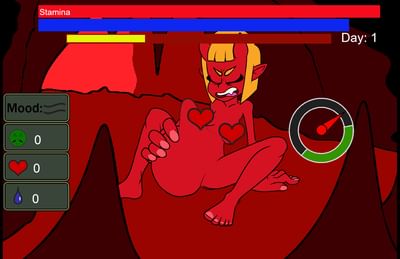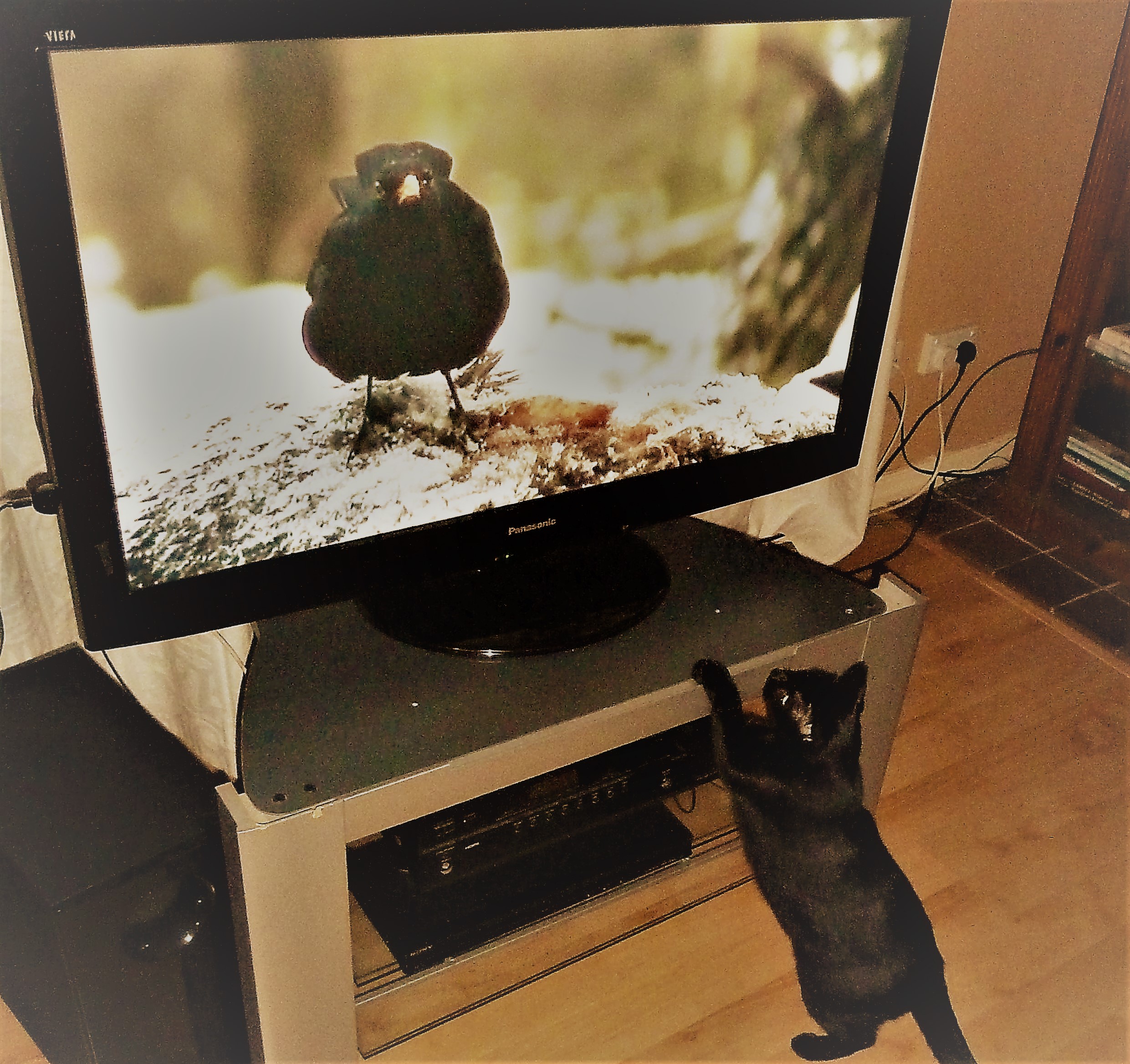


If you have chronic health problems, always check with your healthcare provider before you use any medicine for diarrhea. If you use it, make sure you use only the dose recommended on the package. Nonprescription medicine is available for the treatment of diarrhea and can be very effective. Sometimes treatment includes prescription medicine to prevent nausea and vomiting or diarrhea. You may start eating these foods again in 3 days or so, when all signs of illness have passed. Avoid foods that are acidic, spicy, fatty, or fibrous (such as meats, coarse grains, vegetables). Soda crackers, toast, plain noodles, gelatin, eggs, applesauce, and bananas are good first choices. You may start eating soft bland foods when you have not vomited for several hours and are able to drink clear liquids without further upset. Do not drink milk until you no longer have diarrhea. Avoid liquids that are acidic (such as orange juice) or caffeinated (such as coffee) or have a lot of carbonation. It may be easier to keep down liquids that are cold. You may also drink soft drinks without caffeine (such as 7-UP) after letting them go flat (lose their carbonation). Other clear liquids you can drink are weak tea and apple juice. Ask your healthcare provider what sport drinks or other rehydration drinks could help you replace these minerals. However, if you have been vomiting often or for a long time, you must replace the minerals, sodium and potassium, that are lost when you vomit. If water is the only liquid you can drink without vomiting, that is OK. Drinking too much at once, even an ounce or two, may cause more vomiting. If you have been vomiting a lot, it is best to have only small, frequent sips of liquids. As your symptoms go away, you can start eating soft bland foods that are easy to digest. You can do this by not eating solid food for a while and drinking only clear liquids. The most important thing to do is to rest the stomach and intestine. You may have lab tests to rule out more serious illnesses and to check for problems that can be caused by stomach flu, such as dehydration. Your healthcare provider will ask about your symptoms. If your symptoms are unusually severe or last longer than a few days, your healthcare provider can determine if the diarrhea is caused by something other than a virus. Some bacteria, parasites, medicines, or other medical conditions can cause similar symptoms. The illness may develop over a period of hours, or it may suddenly start with stomach cramps, vomiting, or diarrhea. When you have stomach flu, you may have one or more of the following symptoms: Food may move faster through your digestive tract. When the stomach and intestine are inflamed, they don't work as well as they should. The virus inflames the stomach and intestine. For example, you might get it by kissing or shaking hands or by sharing food, drink, or eating utensils. The virus can be spread by direct contact with an infected person. The body fluids of infected people contain the virus, sometimes even before their symptoms begin. Many different viruses can cause stomach flu, including rotaviruses, adenoviruses, and the Norwalk virus. The illness is usually brief, lasting 1 to 3 days. Stomach Flu (Viral Gastroenteritis) What is stomach flu? Stomach flu is a viral infection that affects the stomach and small intestine.


 0 kommentar(er)
0 kommentar(er)
